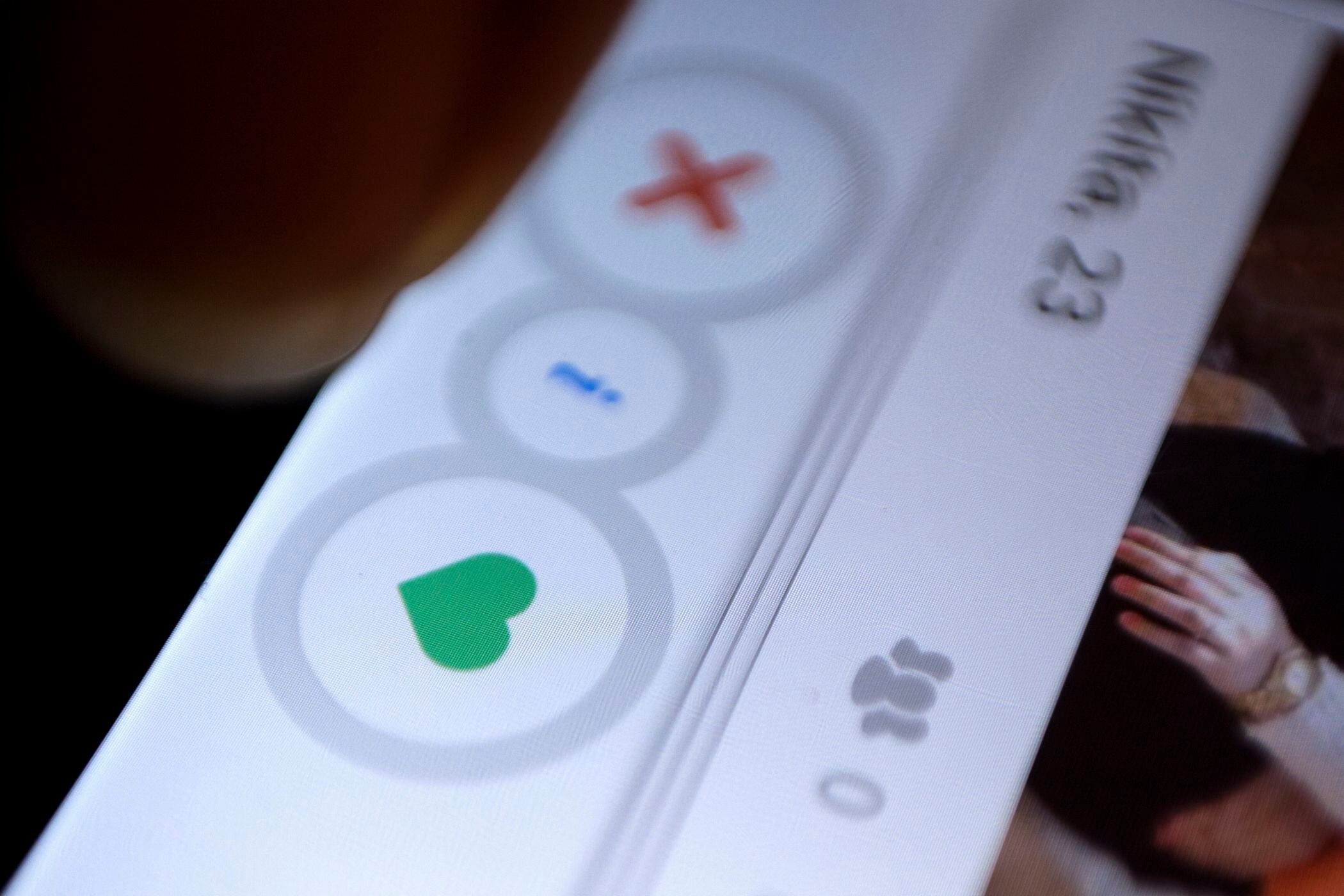From Wall Street to Silicon Valley, these are the top stories that moved markets and had investors, business leaders, and entrepreneurs talking this week on Cheddar.
VOLATILE MARKETS
U.S. equity markets turned it around Friday, but the S&P 500 ended down for the week, after several wild intraday swings. A growing heap of worrisome economic data, combined with a resurgence in virus cases both in the U.S. and Europe, as well as a gathering sense of concern that the presidential election could be contested, came together for a volatile week of trading. On the economic data front, another 870,000 Americans filed for first-time unemployment benefits the week prior, a sign that the recovery could be stalling out. But investors also took heart in the news that House Democrats and the White House have restarted stalled negotiations over another rescue package. There appears to be a new sense of urgency in Washington over a new stimulus, as restaurants, bars, and hotels around the country are starting to close for good and an airline industry that is staring down the barrel of widespread layoffs when its payroll-support program expires on Oct. 1.
APP-MAKERS TAKE ON APPLE
Spotify, Epic Games, Tile, Match Group, and other companies joined forces to form an alliance, with the express goal of pressuring Apple and Google to “protect the app economy.” The nonprofit Coalition for App Fairness says it is open to any developers, especially smaller ones without the resources to take on the tech giants by themselves. The alliance is intended to mobilize protests against three things: the 30 percent cut that Apple and Google take from app purchases, the lack of other ways to distribute apps beyond the Apple and Android App Stores, and claims that Apple, in particular, favors its own services over the competition. The alliance comes as Apple and Google face mounting scrutiny that they have grown too powerful; the Justice Department. is reportedly expected to unveil a sprawling antitrust case against Google as soon as next week.
VACCINE PROGRESS
Johnson & Johnson started the final stage of clinical trials for its coronavirus vaccine candidate. J&J is the fourth company in the U.S. to reach Stage 3, but it’s also considered one of the most promising. The trials will be the largest, enrolling 60,000 volunteers, and the vaccine requires only one shot, rather than two. It also doesn’t need to be kept frozen — a major logistical benefit when it comes to mass distribution — should the candidate show efficacy and get approval. Meanwhile, in an effort to boost public trust in the approval process, the FDA is expected to lay out stricter guidance that would make it virtually impossible for a vaccine to be approved before Election Day. President Trump said he might block those new guidelines in an effort to expedite a vaccine. That led New York Gov. Andrew Cuomo to say the state would do its own review of any vaccine approved by the federal government over concerns that the process has been politicized.
NEW AMAZON DEVICES
Amazon is prepping for the upcoming Prime Day and holiday season by launching a new slate of devices and services. Among the new products, a $250 Ring surveillance camera mounted on a tiny drone that automatically launches and flies around a home if the security system is triggered. Amazon also announced Luna, a new cloud-gaming service that will take on similar platforms from Microsoft and Google, new Echo and Fire TV devices, and an Alexa-powered dashcam that can record traffic stops.
NIKOLA VS. TESLA
Shares of the high-flying electric truck maker Nikola cratered to record lows this week after a prominent analyst downgraded the stock, saying it’s just too risky to own. The company’s founder, Trevor Milton, resigned on Monday amid allegations that he had falsely inflated Nikola’s technological capabilities in order to attract investors and deals with legacy automakers like GM, which has a pending deal to build Nikola’s flagship vehicle, the Badger pickup. Adding to Nikola’s woes: Tesla announced that it’s three years away from a potentially groundbreaking innovation in its battery technology. Elon Musks said his goal is to offer a $25,000 electric car by 2023.













